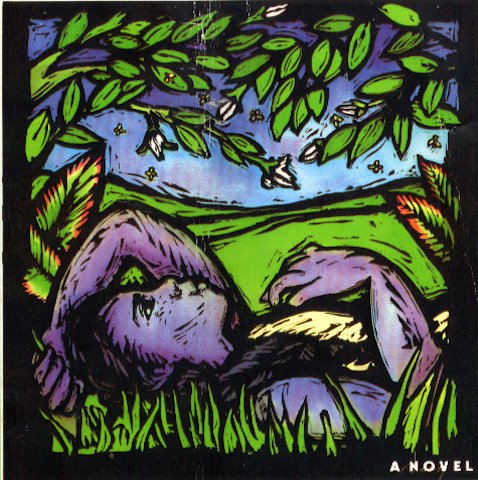Individual Disasters and Watching God
Before the hurricanes of late September and early October in the southeastern United States, Zora Neale Hurston‘s Their Eyes Were Watching God was already partway reread. In my grade school recollection, its emphasis on building a community and, in a sense, a utopia in the deep south struck me as worth in a re-read in the context of development.
That community building stayed with me personally as an early touchstone to wanting to work with people and communities to make life better. A rereading showed there was a lot more nuance than the positive memory I had. The lessons of fiction can sometimes be instructive in the practice of professional life.
Janie, on a journey of self discovery, gets to know a variety of characters who rotate around her in her coming of age. Back to her as central character and protagonist in a moment.
A secondary protagonist, focused on community building, Joe, acts imperiously to those around him. Through rose-colored glasses, I remembered this community building without the costs, its siren song of progress made an impression on me. But Joe has set ideas for how things should go, and consensus is not a favored tool, no more is compromise. He thinks forwardly and idealistically, but his thinking is far from perfect and things come off as hyperbole when he talks up such glittering progress to the future townspeople. Certainly he has good intentions, but he alienates many when he could bring them together. The town is no utopia, though people do benefit from some of the little despot’s initiatives into services.
Fortunately, as we learn in English class, the central story is about Janie’s liberation. Janie is controlled and dominated personally by Joe, limited from her wishes and blocked from joy in many ways. But she perseveres to build a free life full of love and beauty. Janie finds a certain kind of freedom like this in her second chosen major relationship, with Tea Cake. Yet Hurston seems to suggest that what one has at the end of the day is one’s solace and freedom individually, because others cannot be counted on to stay around, even with their best intentions.
The terribly destructive hurricane is a catalyst for that self discovery. But at the same time, it does untold damage where many die, including Janie’s love and partner, Tea Cake. Such destruction in the Appalachian areas and in Florida is still being processed and reconciled. In the last week a one-lane section of Interstate 26 has reopened between Asheville and Northeast Tennessee, yet interstate 40 looks closed for the foreseeable future. Many people except for the most cut off again have their essential services, yet there are missing buildings and lives still so apparent and present. And so now that time of rebuilding is coming upon us.
Last month I wrote about it as a policy question for those communities and for society as a whole, but there’s also the individual question. How does individual navigate the disaster in a way that they can come out as well as possible on the other side (independent of hoped-for helpful policy, which can feel like good luck in how out of control it is to those affected)? If a life was full of beauty and meaning in one place, but then that place and key people are not there anymore, what can we do?
Perhaps Hurston’s most on-point quotation, at the very end from Janie: “Two things everybody’s got tuh do fuh theyselves. They got tuh go tuh God, and they got tuh find out about livin’ fuh theyselves.” I don’t know what happens when I will go to God by myself, but we do know that this finding out about living for ourselves is something we all have to do. Hurston suggests a hopeful gathering of the horizon of our lives, that the beauty and meaning that was there stays there for the gathering even after tragedy. That it is life and it matters even if things have changed, and that we can build on it.
Yet to what extent is this hopeful interpretation solace after tragedy is at odds in some ways with needing or investing in community as traditionally defined? At the end, in the very last lines, Hurston is calling her soul, which was in solace, to see that horizon she has gathered. In that horizon the people in her life are present. They are a part of it. Query whether we can strive to have found that independent and free strength living for ourselves, but then we enter from a place of strength to engage and build (rebuild?) with others, under that big horizon. Even after catastrophe.
